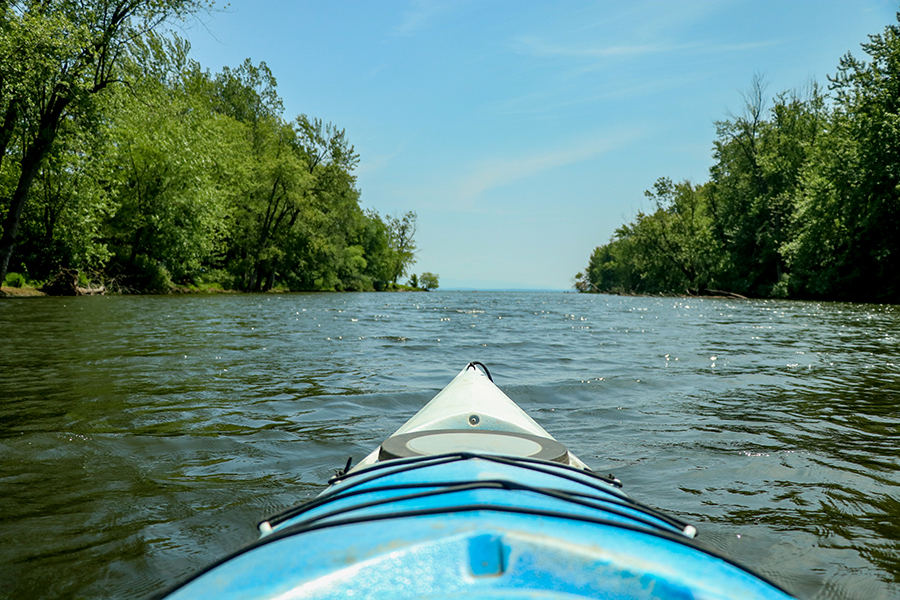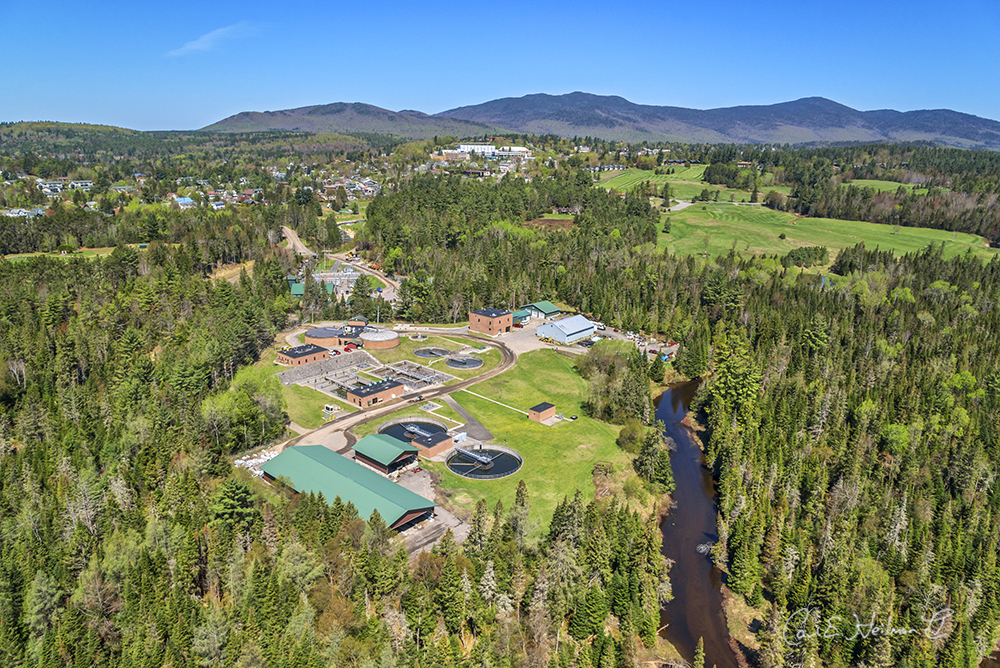
Water Quality
Protecting Clean Water: Challenges and Solutions
More than 11,000 lakes and ponds and more than 1,500 miles of navigable rivers, fed by an estimated 30,000 miles of brooks and streams, can be found within the Adirondack Park. The pristine waters of the Adirondacks serve as a vital source of drinking water for local communities and support a thriving tourism industry, which is essential to the region’s economy. Constant and emerging threats to Adirondack water quality require urgent attention and action.
- Sewage and wastewater inputs: Aging septic and wastewater treatment systems degrade water quality in the region.
- Acid rain and mercury pollution: These pollutants have long-lasting effects on the health of Adirondack waters and the people and wildlife that depend on them.
- Road salt: Excessive road salt use in winter months poses serious risks to the health of humans and Adirondack waters.
- Aquatic invasive species: These non-native species threaten aquatic ecosystems and further degrade water quality.
- Harmful Algal Blooms: Wastewater treatment plants, failing septic systems, fertilizer use close to shorelines and other non-point source pollution and storm runoff cause excessive phosphorus and nutrient loadings into water bodies threaten aquatic ecosytems.
- Storm events linked to climate change: Heavy rainfall events caused by warming temperatures can increase wastewater inputs into Adirondack waters.
Seeking Wastewater Solutions to Benefit Adirondack Waters
The Adirondack region faces unique challenges in maintaining and upgrading sewage and wastewater infrastructure. Many small communities with populations below 1,000 residents struggle to fund necessary upgrades due to limited tax bases. Improper wastewater management leads to pollution of pristine lakes and streams, which can result in beach closures, the destruction of aquatic habitats, and contamination of drinking water supplies.
In response to these challenges, the Adirondack Council published two key reports—Clean Water Infrastructure in the Adirondack Park: Crisis or Opportunity (2016) and Wastewater Treatment Plants in the Adirondack, Status of Compliance and Operational Need (2017), - highlighting the urgent need for infrastructure improvements.
Since the Council began supporting Adirondack communities with funding applications in 2016, more than $170 million in state clean water grants and low-interest loans have been awarded to local municipalities, helping them address these vital infrastructure needs.
 Lake Placid Wastewater Treatment Facility
Lake Placid Wastewater Treatment Facility




